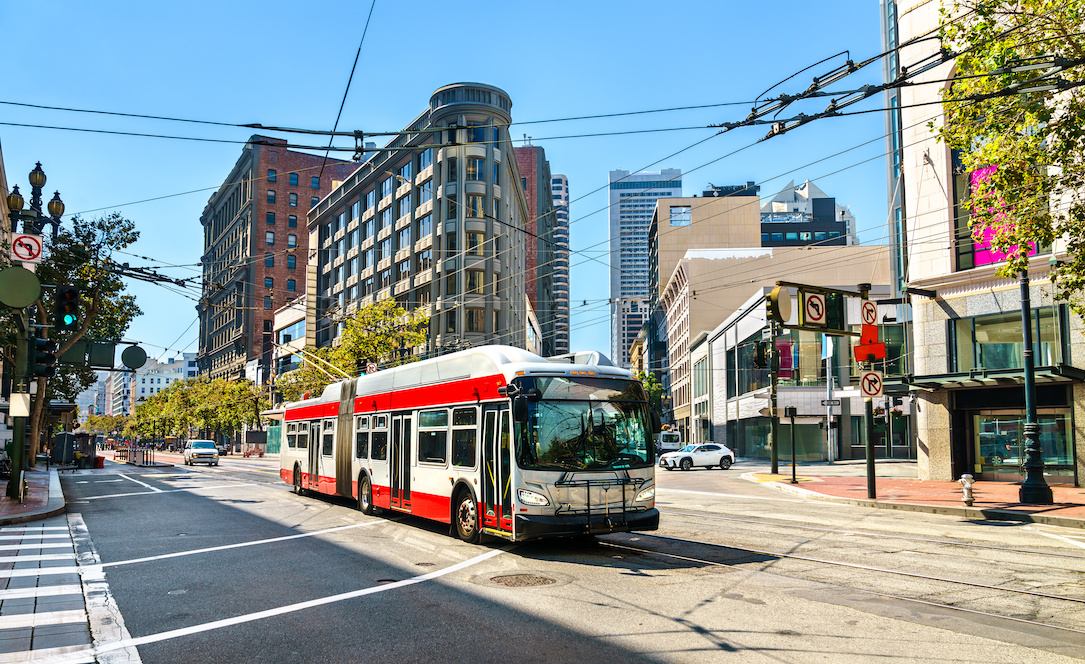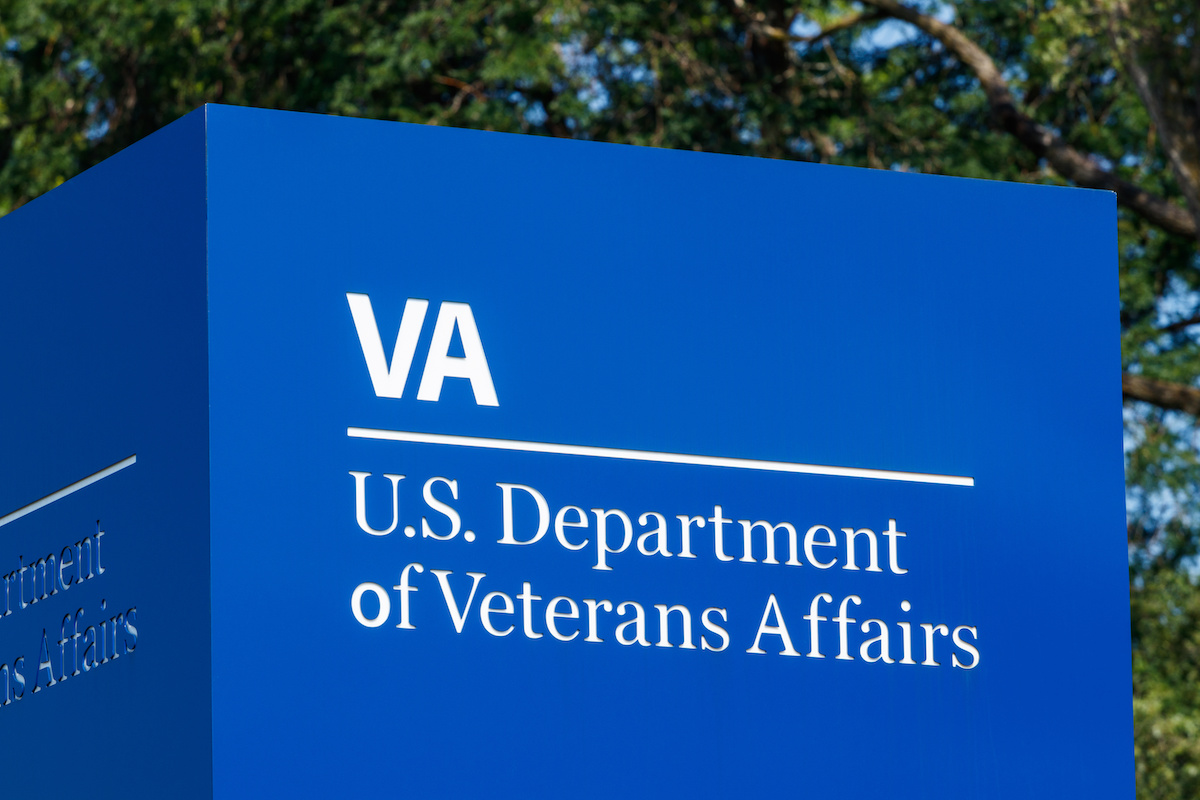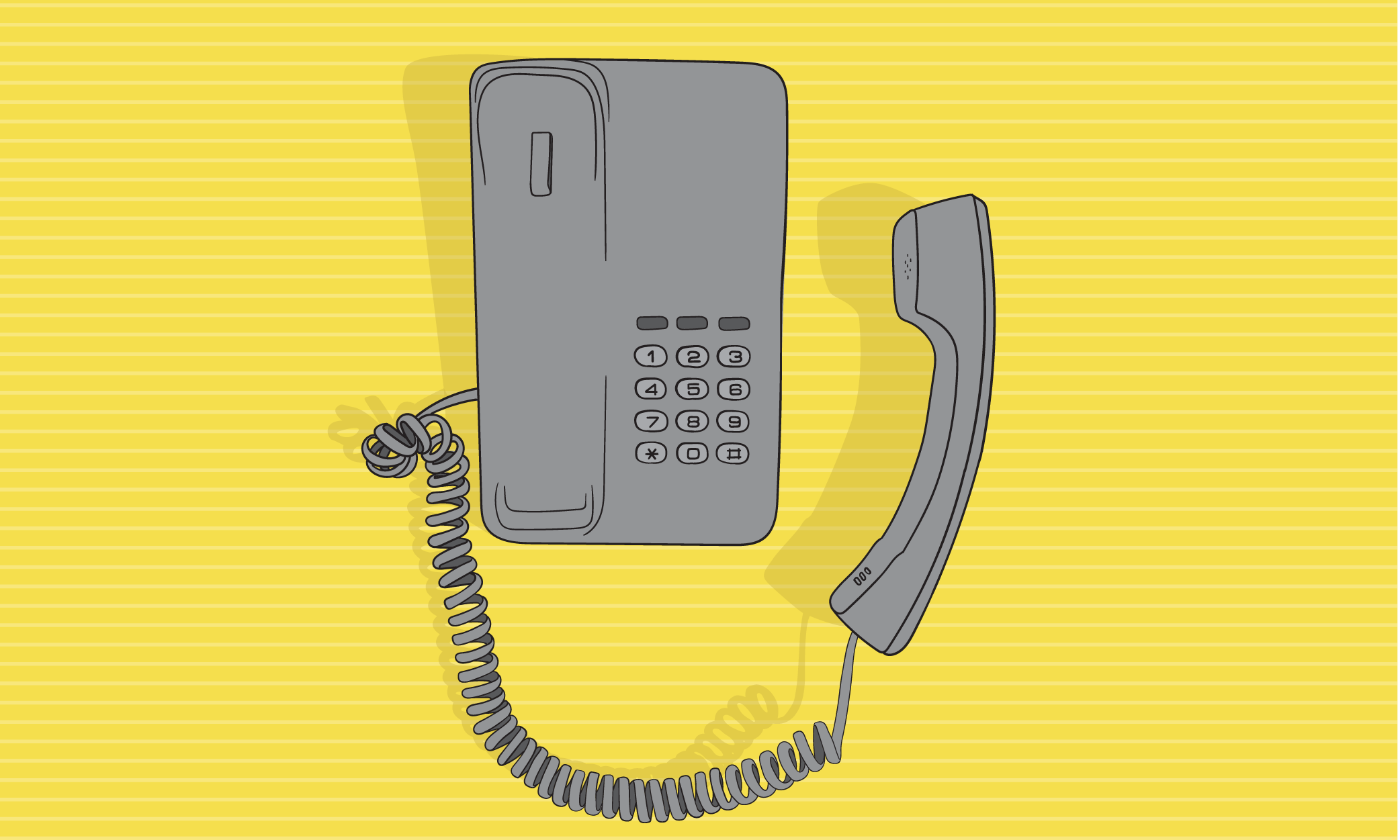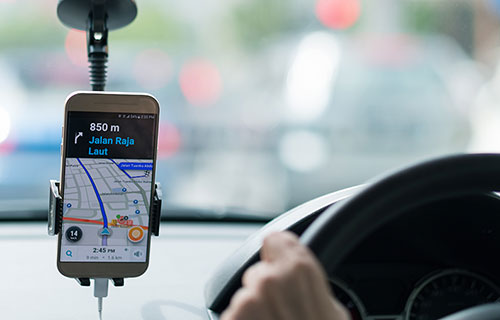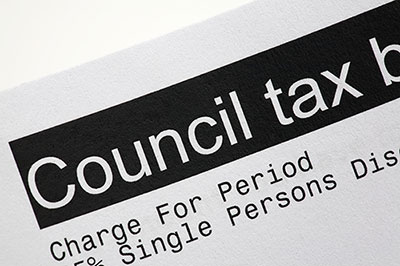Travel
Understanding the Impact of Free Travel Passes on Public Transit Use
2025
PARTNERS
Metropolitan Transportation Commission (MTC) and
San Francisco Bay Area Rapid Transit (BART)
Share
The Behaviouralist partnered with Bay Area Rapid Transit (BART), Metropolitan Transport Commission (MTC), and ARUP to evaluate the first phase of the Clipper BayPass pilot. Using a randomised controlled trial (RCT), we tested whether providing a single unlimited transit pass across 22 transit agencies in the Bay Area would increase transit ridership, generate revenue, and improve customer experience.
A single pass for the entire bay area
The Clipper BayPass is the Bay Area's first regional unlimited-ride transit pass, offering free access at the point of use across 22 agencies’ bus, rail, and ferry services. The pilot aims to enhance customer experience and grow ridership.
Before BayPass, university students had uneven regional access through existing institutional passes. Individual universities offered unlimited travel on certain public transport services but not others, discouraging students who need to take multiple transit providers for one journey. BayPass solves this by offering unlimited travel within the Bay Area, regardless of who's providing it.
Using an RCT to measure changes in travel behaviour
To measure the impact of BayPass, The Behaviouralist conducted a randomised controlled trial with approximately 100,000 students across San Francisco State University (SFSU), San José State University (SJSU), and University of California, Berkeley (UCB). Participants were randomly assigned to either receive the BayPass or continue using their existing institutional pass. Using Clippers trip data and enrollment data, we tracked changes in transit ridership, inter-agency travel, and attrition rates. The RCT allowed us to estimate the causal effects of universal transit access, providing robust evidence on how improved regional connectivity influences travel behaviour.
BayPass increases ridership, connectivity, and student retention
The results revealed that BayPass has a significant impact on travel behaviour:
- Transit ridership: Students using BayPass took 30% more trips on average in Year 1 and 32% more trips in Year 2.
- Inter-agency transfers: Students using BayPass transferred between transit operators 163% more in Year 1 and 183% more in Year 2.
- Student attrition: Students with BayPass were 11% less likely to leave university, compared to their peers with existing institutional passes.
- Income effects: The increase in trips taken was nearly twice as large among low-income students compared to middle- and high-income students, showcasing BayPass’s equity benefits.
In addition, a series of surveys conducted with trial participants strongly support the pilot results and highlight how positively BayPass is perceived. Approximately 90% of respondents reported that BayPass helped them reach new locations in the Bay Area, and 89% indicated they were more likely to use public transportation in general after receiving the pass. These findings reinforce the pilot’s positive impact on travel behaviour and perceived accessibility.
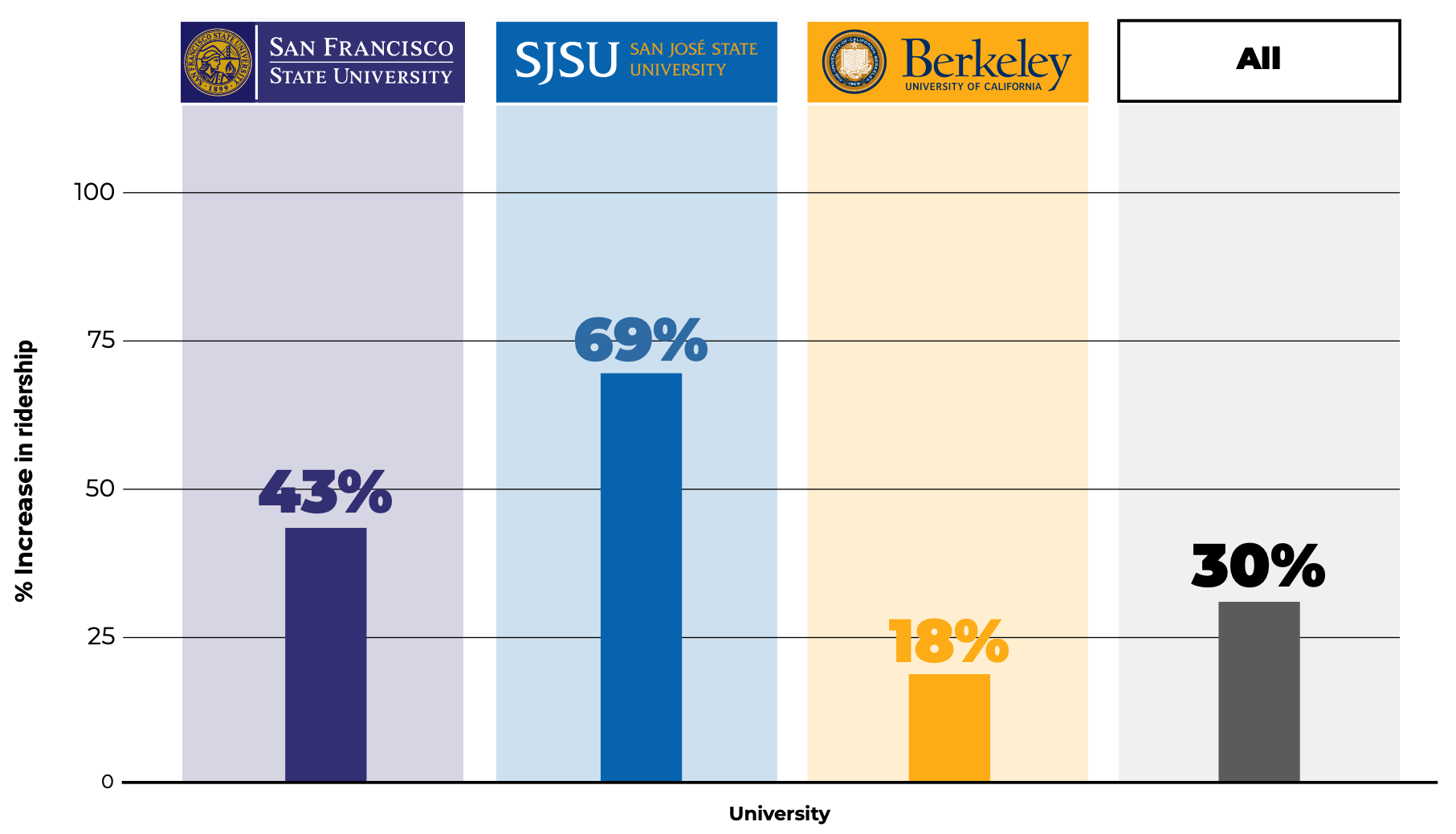
Percentage increase in number of trips by university
Subsequent expansion of BayPass across the BayPass area
Since the pilot, funded by the MTC with $4.5 million to reimburse operators for Phase 1 trips, several institutions have moved to adopt BayPass permanently. SFSU students voted to expand BayPass to all students starting Fall 2024, funded through a $120 per semester fee. At UCB, approximately 90% of students voted to increase existing student fees to purchase BayPass for all students beginning in Fall 2025, with a fee of $124 per semester.
Phase 2 of the pilot launched in January 2024, allowing organisations to purchase BayPass for employees. In this phase, employers pay MTC for passes, and MTC reimburses operators for the cost of trips. As of May 2025, 11 partner organisations are providing passes to approximately 39,000 individuals. Once UCB’s students become eligible in Fall 2025, the total number of BayPass users is expected to reach approximately 84,000.
Insights on regional mobility and equity from universal transit access
Tracking participant behaviour using Clipper trip data allowed the BayPass evaluation to measure the impact of fare integration on regional mobility in a field experiment. The results demonstrate that universal transit passes can significantly increase overall ridership and improve regional connectivity, with particularly strong effects among students with limited prior access and low-income populations.
The effectiveness of BayPass varied across institutions and demographics. Students at SJSU, who previously had the most limited regional access, showed the largest behavioural response, while those with existing regional connections showed smaller, albeit still significant increases. These findings may have practical implications for policymakers designing regional transit programs; it may be more cost-effective to target initial expansions toward populations with currently limited regional transit access, improving both efficiency and equity.
You can read the full Phase 1 Evaluation Report here.






